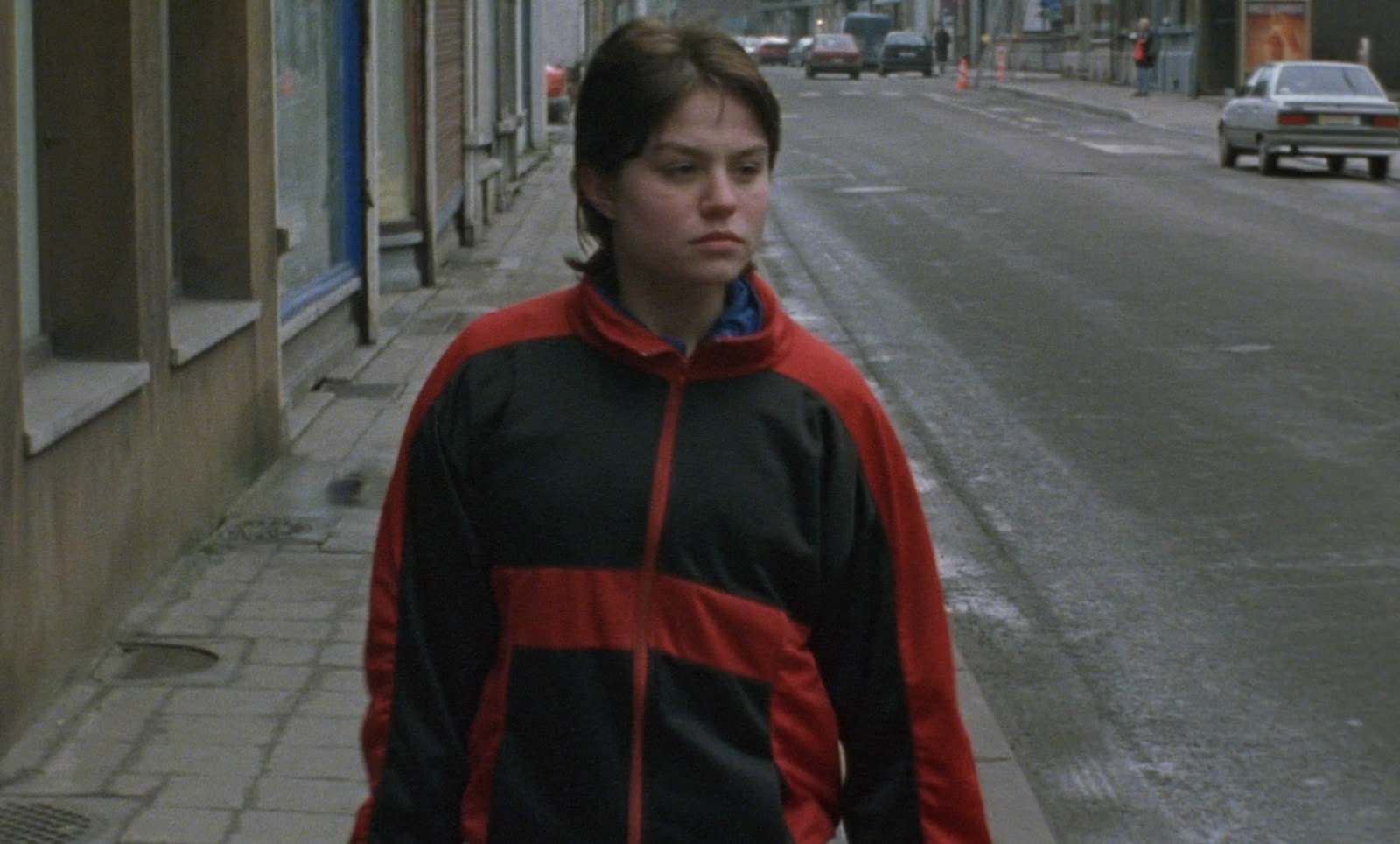Rosetta was the film that positioned Belgium's Luc and Jean-Pierre Dardenne among the foremost arthouse humanists of our time. Its heroine is a taciturn teenager (Émilie Dequenne), still young enough to pass for a girl, but with features starting to harden over in accordance with her plight: living only just above the poverty line with her alcoholic mother in a tatty caravan park, subsisting on waffles alone. Circumstance throws her a lifeline - a job making, and later selling, those same waffles - but in the modern world, as we know all too well, everything's temporary, everybody's struggling, and increasingly it appears as if there can be no place for a young woman like this save standing at the roadside, watching the more mobile pass by. Dequenne rightly won the Best Actress prize at Cannes for her performance as a tomboyish, borderline feral child with dirt permanently wedged under her fingernails, prepared to fight for scraps but forever too proud to beg. The Dardennes, for their part, choose not to wallow in Rosetta's penury, instead admiring and quietly celebrating her resourcefulness and ingenuity (she has a novel cure for stomach cramps) and, above all else, her tenacity, her willingness to get up in the morning, find employment, and put in a full day's work. School isn't even a consideration, no longer an option at this point; Rosetta's heartbreaking mantra, repeated every night before bed, connects a job with a normal life. It'd have been far easier for her to have given up or in.
The Dardennes give her choices, only they're tough choices - sink-or-swindle - where the easier of the two involves crime of a sort. Each time she rejects it, which should be some cause for rejoicing; even when she betrays her only friend, she does so out of the goodness of her heart ("to have a job", as she puts it, when pushed). It remains a desperately sad film, without the obvious redemption that graced later Dardennes work and with a built-in austerity that will likely be too much for some. The final reel feels vaguely like a bad joke at Rosetta's expense (she's so poor that when she tries to gas herself, the gas runs out) and leads to an ambiguous final image that I read as positive, but could as easily be interpreted the other way, or inconclusive. (Uncertainty seems the best this girl can hope for.) At times, the experience of watching Rosetta is like watching a documentary on the dispossessed; the Dardennes get closer to their subjects than almost any other filmmakers working today. Nonetheless, it's cinema of vital importance, for there are surely many more Rosettas out there than equivalents of the glossily coiffed heroines who populate the hundred or so romantic comedies released into the world each year. It's bad enough they get overlooked on the streets; were their plight to be overlooked in cinemas, on the grounds their stories are "difficult" or "a downer", it would speak poorly of society as a whole. Difficult material, superbly handled: something of a modern masterpiece, in my book.
(February 2007)
Rosetta is available on DVD as part of Artificial Eye's The Dardenne Brothers Collection, and to rent via Prime Video and Curzon Home Cinema.

No comments:
Post a Comment